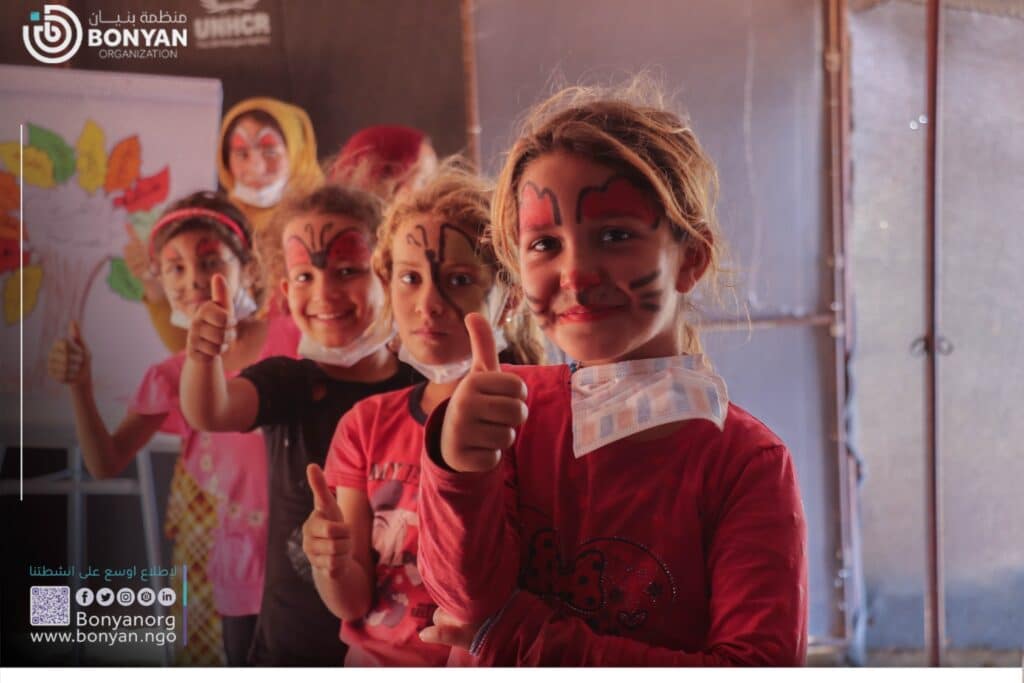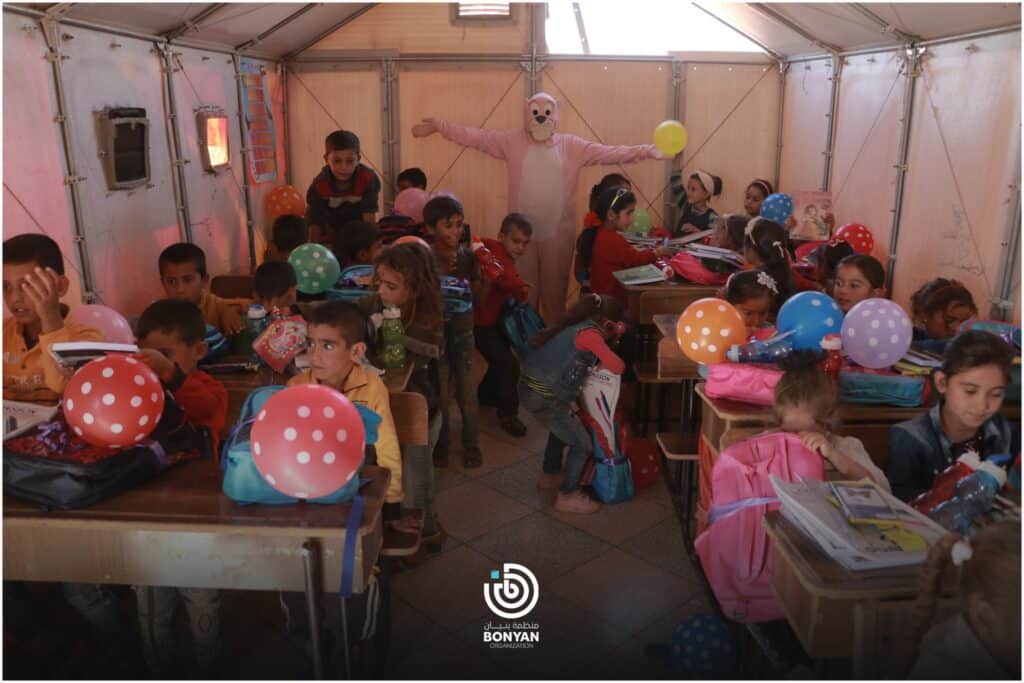Giving Make You Feel Happier
Happiness is found in helping others, and giving is better than receiving.
These good feelings are reflected in our biology. A study in 2006 found that when people give to charities, it activates regions of the brain associated with pleasure, social connection, and trust, creating a “warm glow” effect.
Scientists also believe that altruistic behavior releases endorphins in the brain, producing the positive feeling known as the “helper’s high.”.
And what makes you happier is seeing what you gave reflected in the life of people you helped, like helping refugees in camps makes you feel better because you were a reason to make them have a better life.

Giving Builds Gratitude
Whatever you give or receive can make you feel gratitude, whether you are the giver or the receiver. It can act as a way of expressing gratitude or cultivating thankfulness in the recipient.
And research has found that gratitude is integral to happiness, health, and social bonds. Practicing gratitude helps you psychologically, like counting things you are happy to have in your life. We, as Muslims, for example, say “Alhamdulillah” because it significantly affects our lives.
The recipient of gratitude may not reciprocate directly back but, in turn, may lend favor to a third party, effectively expanding a network of goods.
Giving Boost Feeling Personal Satisfaction
Helping other people is a personal satisfaction because it boosts longevity and happiness while at the same time reducing chronic pain and lowering blood pressure. It also sets an excellent example for the kids.

According to University College London, helping others creates a sense of purpose and belonging while enhancing one’s self-esteem and positivity. Additionally, it creates deeper friendships.
Below are a few suggestions for things that might let you feel gratitude:
- Help children in camps
- Help children in schools
- Help poor and needy people
Giving is Contagious and a motivator for others
When we give, we don’t only help the immediate recipient of our gift. We also spur a ripple effect of generosity through our community.
A study by the University of California, and Harvard, published in the Proceedings of the National Academy of Science, shows that when one person behaves generously, it inspires observers to behave generously later toward different people.
In fact, the researchers found that altruism could spread by three degrees—from person to person to person. “As a result,” they write, “each person in a network can influence dozens or even hundreds of people, some of whom he or she does not know and has not met.”.
So whether you buy gifts, volunteer your time, or donate money to charity, your giving is much more than a chore. It may help you build stronger social connections and even jumpstart a cascade of generosity through your community. And don’t be surprised if you find yourself benefiting from a big dose of happiness in the process.



